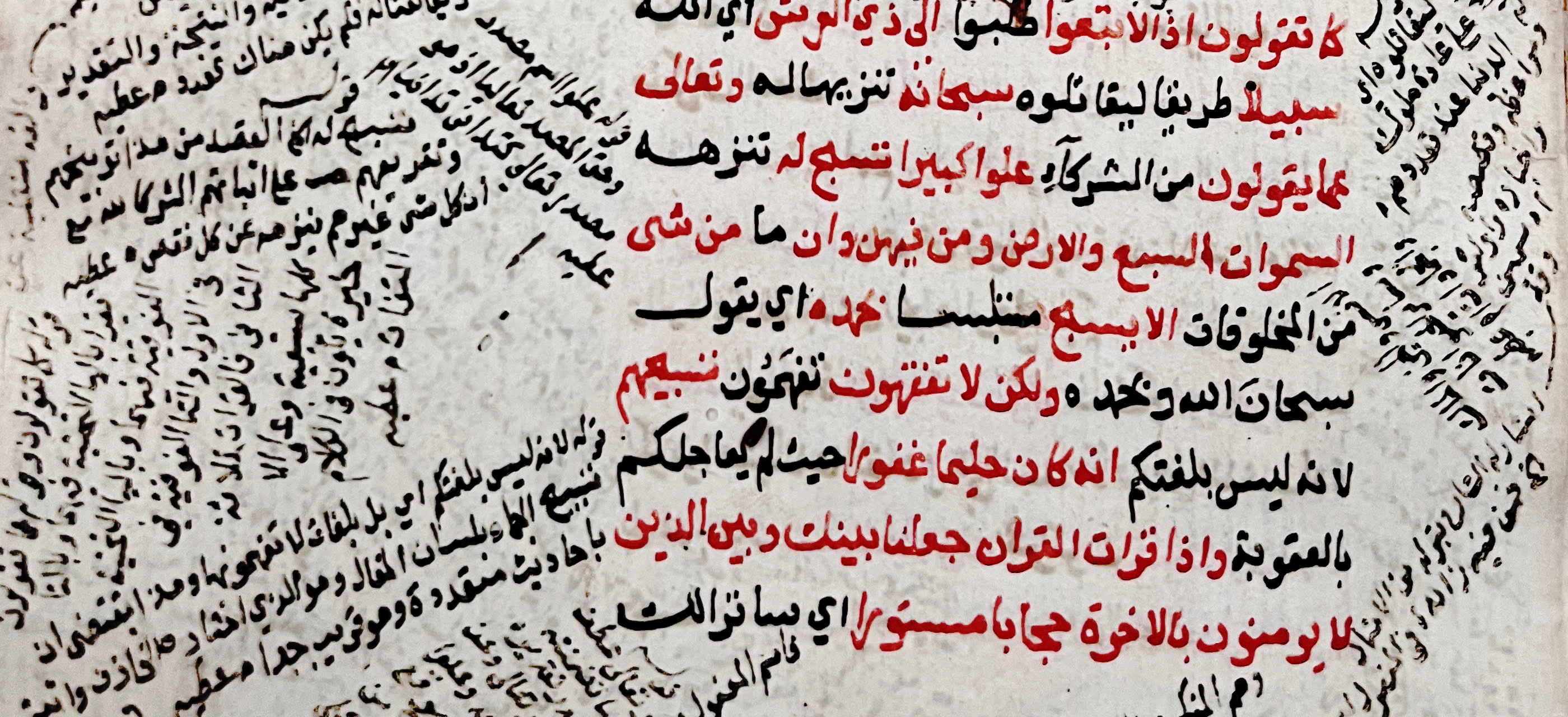Paper Routes: Inscribing Islamic Law across the Nineteenth-Century Western Indian Ocean
Contenu
- Titre
- Paper Routes: Inscribing Islamic Law across the Nineteenth-Century Western Indian Ocean
- Créateur
- Bishara, Fahad Ahmad Voir tous les contenus avec cette valeur
- Date
- 2014
- Dans
- Law and History Review Voir tous les contenus avec cette valeur
- Résumé
-
Sometime during the middle of the nineteenth century, a correspondent from the interior of Oman wrote to the jurist Sa‘id bin Khalfan Al-Khalili (c. 1811–70) with an observation: “The Mazru‘is have wealth on the Swahili coast [
al-Sawāḥil
] and wealth in Oman.” This in itself was no surprise: the Mazru‘is, along with scores of other Arab clans, included a branch that had long since established its political authority in Mombasa, on the coast of what is now Kenya, but lately, the correspondent suggested, things had been changing. Members of the Mombasa Mazru‘is were now coming to Oman armed with
wakalas
(powers of attorney) from unknown scribes, for the sale of their familial properties in their ancestral homeland. “He [the Mazru‘i] sold what God likes from these properties and took the value… and the yield was separated from the property owners.” The people's acquiescence to the state of affairs was of particular surprise to the questioner. Days, months, and years went by, he noted, and the property owners (
arbāb al-amwāl
) did not seem the least bit interested in changing the system, “and the people, as you well know, come and go via this sea, from Oman to the Swahili coast, with confidence that they know [
bi-ḥukm al-iṭma'ināna annahum
‘
alamū
].” - Langue
- eng
- volume
- 32
- numéro
- 4
- pages
- 797-820
- doi
- 10.1017/S0738248014000431
- issn
- 0738-2480, 1939-9022
Bishara, Fahad Ahmad, “Paper Routes: Inscribing Islamic Law across the Nineteenth-Century Western Indian Ocean”, 2014, bibliographie, consulté le 18 septembre 2024, https://ibadica.org/s/bibliographie/item/10418
Position : 7257 (7 vues)

